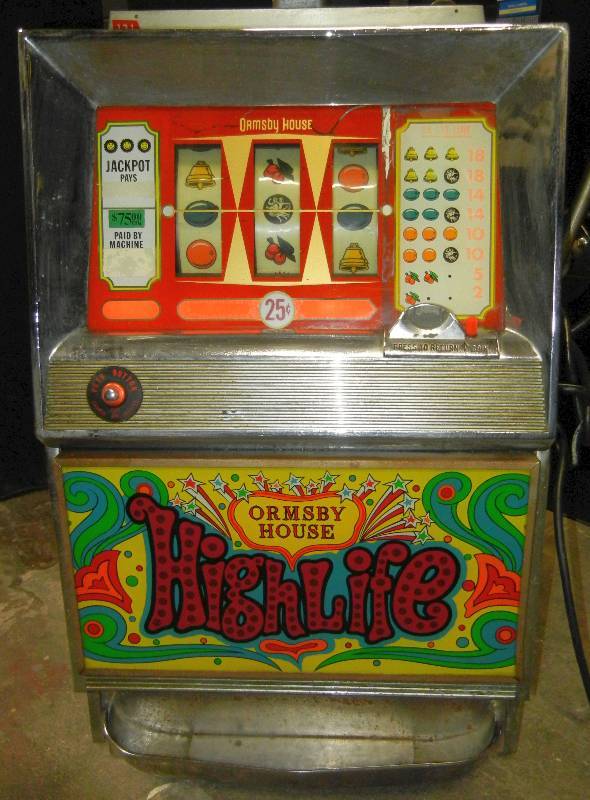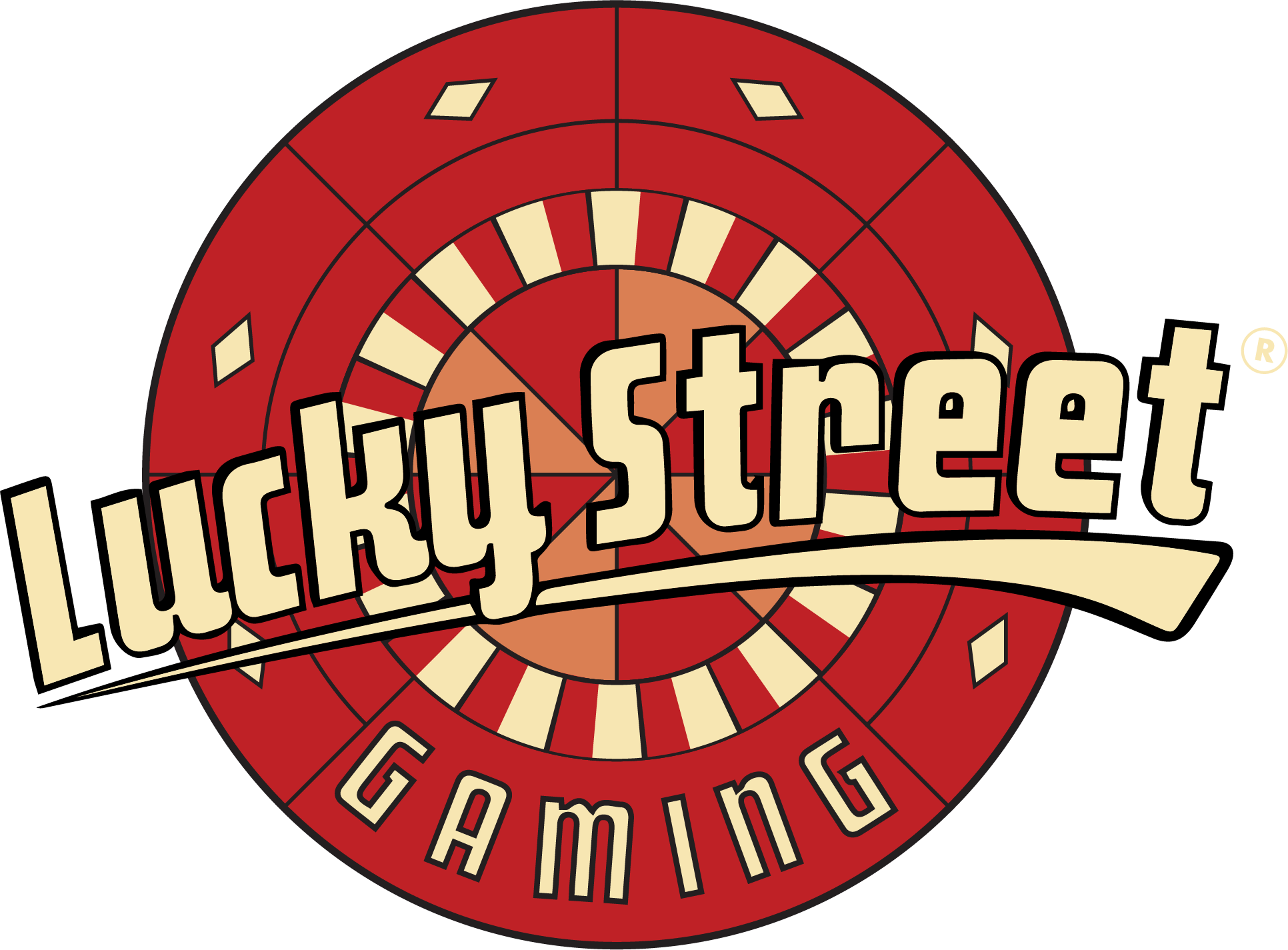Opening comment. What is meant by 'private ownership?' Can't I have a slot machine in my bedroom for my own personal entertainment? That is precisely what these laws are ment to prohibit/regulate, as the law does not want you to compete, even in your own home, with the profitable modern computer slots operated by private firms that pay heavy taxes for the privilege of operating them. Gambler's Oasis was founded on the principal of providing top quality casino slot machines and gaming devices to your home at the most reasonable price. Whether you want one slot machine or twenty slot machines, your home game room can become an oasis, a refuge, a. Real Las Vegas Slots are legal in: Alaska, Arizona, Arkansas, Kentucky, Maine, Minnesota, New Mexico, Nevada, Ohio, Rhode Island, Texas, Utah, Virginia and West Virginia “Pachislo OK” refers to token use only. If it says “Quarters OK” after it, you can convert it to quarters legally for home use.
There are three major reasons why an individual might buy a slot machine. The most common is as a collector’s item; early models are considered antiques, and they make a good investment. A second reason is for recreation, not unlike owning a pinball machine or an arcade game. The third is for business use to generate revenue, most often in conjunction with a retail outlet and requiring a license from the local gaming authority.
Legal Ownership of Slots
Despite the popular belief that owning a slot machine is against federal law, there are no United States ordinances at all regarding slot machines. The matter is entirely a matter of local law, decided state by state, thirteen of which allow private ownership of all types of slots. They are Alaska, Arizona, Arkansas, Kentucky, Maine, Minnesota, Nevada, Ohio, Rhode Island, Texas, Utah, Virginia and West Virginia.
On the other hand, slot machines are completely illegal in eight states: Alabama, Connecticut, Hawaii, Indiana, Nebraska, South Carolina, Tennessee, and Wisconsin. Other states permit ownership with restrictions. For example, some U.S. states insist that the machines themselves be of a certain age. Slots made prior to 1950 can be legally owned in Georgia, Idaho, Kansas, Pennsylvania, and Washington, D.C. The state of New Jersey draws the line at pre-1941; Vermont states that private slots must be pre-1954; and Colorado has its cut-off set at pre-1984.
Most of the other states insist that privately owned slot machines must be at least 25 years old. They include California, Delaware, Florida, Illinois, Iowa, Louisiana, Maryland, Michigan, Mississippi, Montana, New Hampshire, New Mexico, North Carolina, North Dakota, Oklahoma, Oregon, South Dakota, Washington, Washington, and Wyoming. However, the minimum age is 30 years in New York, Missouri, and Massachusetts, and it is 20 years in Florida.
Almost all jurisdictions limit ownership to individuals aged 21 or older. They state that machines must be intended for private, personal entertainment, not for gambling. A permit may be required if a machine is to be displayed in public. Regulations are always subject to change, too, so a bit of research is in order before anyone rushes off to order a personal slot machine.
Buying Slots
After confirming that buying and owning a slot machine is legal, the would-be owner has lots options available. Gambling suppliers or manufacturers offer machines in good operating condition. Their products may also come with a warranty or service agreement, so that maintenance will not be a concern. But machines sold by manufacturers will always be used, not new. The makers only offer new releases to casinos. The ones they sell to the public are “retired” versions that their newer machines have replaced.

Many times machines are retired because they are not in good working order. Those are sold to vendors who will in turn refurbish them before offering them for resale. The best sources of reliable machines are distributors, suppliers or manufacturers who do their own refurbishing. Brokers may purchase and sell slots on the cheap, but they will be unable to guarantee functionality.
Second-hand slot machines can also be purchased through auction sites via the Internet. There are numerous mail-order dealers, too. Buyers should expect list prices to range from a few hundred dollars for used three-reel mechanical slots to $3,500 for newer electronic versions that are still seen in casino play. Crating and shipping will add another $150 to $300 to the final price.
Slot Machine Ownership By State Farm
Maintaining Slots
Following delivery, a slot machine can be plugged right into a standard 120-volt home electrical outlet. The seller should have provided a key for opening the machine to fill its coin hopper and access its paper currency acceptor. Ideally, an operation and repair manual will be included as well.
Keeping a slot machine in working order is not rocket science. The most common problems are jammed bills going in or coins coming out. Using a computer keyboard aerosol spray to clean the mechanisms once every few months should prevent that from happening.
Light bulbs and internal batteries need to be replaced occasionally. The items needed are available at just about any hardware store. The reel strips on which the slot symbols appear may become loose or detached—easily remedied by the application of a bit of clear packing tape.
For troubleshooting of a more serious nature, such as reprogramming or replacing computer chips, consulting a specialist may be required. Otherwise, the slot machine’s reseller should be able to assist in replacing any broken parts or making repairs.
Best Overall Canadian Casino with Easy Deposits : Royal Vegas
Royal Vegas, the leading Canadian gaming brand, are really going out of their way this month and offering a very lucrative offer to prospective players. Details inside.
Related posts:
Slot Machine Ownership Laws By State
Are You Legally Allowed to Own or Operate Slot Machines Outside of Casinos?
Wisconsin has gambling laws which limit the ownership and possession of gambling devices. Yet there are places in Wisconsin where these devices, ranging from traditional slot machines to modern video gambling machines, are perfectly legal. Under Wisconsin Law, gambling device charges range from non-criminal forfeiture violations, to misdemeanors and felonies. If you are being charged with possession of gambling devices, contact Milwaukee’s top defense lawyers for a consultation.
What counts as a gambling machine in Wisconsin?
Wisconsin state statute 945.01(3) defines a gambling machine as any “contrivance which for a consideration affords the player an opportunity to obtain something of value”. The most common type of device is a standard slot machine. Devices which are not considered gambling machines include pinball arcades and crane games. Video poker machines may be considered gambling devices if there is a payout for players.
Commercial Gambling Devices in Milwaukee Bars and Taverns: For Entertainment Use Only?
Commercial gambling is illegal in Wisconsin with a few very specific exceptions. The Wisconsin Department of Revenue is responsible for enforcing the laws yet countless video poker machines and slot games can be found in bars and restaurants across the state. The penalties for gambling machine ownership increases per device:
Slot Machine Ownership By State Bank Of India
- 1 machine: $500 forfeit maximum
- 2 machines: $1,000 forfeit maximum
- 3 machines: $1,500 forfeit maximum
- 4 machines: $2,000 forfeit maximum
- 5 machines: $2,500 forfeit maximum
Tribal casinos are exempt to these rules due to a state compact. Any other commercial establishment with these devices is at risk of being charged with possession. It often depends on local law enforcement’s interpretation of what constitutes a gambling device.

Examples of Legal Gambling in Wisconsin
- Lottery contests
- Bingo hall games
- Raffles
- Charity games
- On-track racing bets (horse and dog)
Private Gambling Machining Ownership
Individuals owning more than 5 gambling devices are subject to criminal charges. Possession of 5 or fewer may result in civil forfeiture but no charges. However, the exact penalties will depend on the specifics of your case. Certain exceptions exist for private individuals who own slot machines which are more than 25 years old. However, even owning gambling device paraphernalia can put you on the wrong side of the law.
Selling a gambling device like a slot machine is another gray area of gambling law in Wisconsin. Transporting a gambling device into the state is unlawful.

Slot Machine Ownership By State Governments
Criminal Defense Law Firm with Offices in Milwaukee, Brookfield, and Madison
Slot Machine Ownership By State Legislature
Possession of gambling devices in Milwaukee or Madison may be legal depending on your circumstances. Gambling charges can range from ordinance violations to Class B misdemeanors and Class I felonies. You need experienced legal representation when you are charged with possession of a gambling device. Grieve Law’s team of award-wining attorneys can help you find what defenses you have. You may be able to fight or reduce your charges.